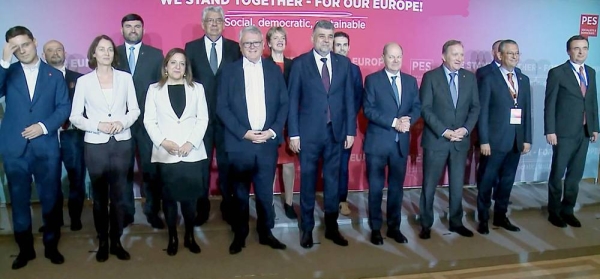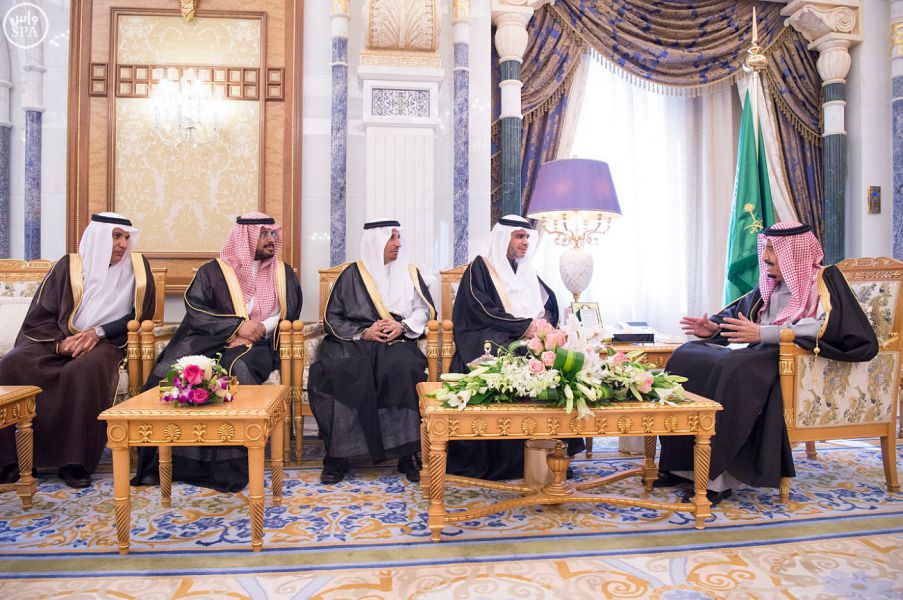
After the great popularity that he gained after defeating the ISIS terrorist organization in Iraq, Prime Minister Haidar al-Abadi now finds himself faced with the problem of how to manage political balances and alliances for the May parliamentary elections.
Many politicians, experts and academics believe that despite his military victory, Abadi still remains the prisoner of the Dawa Party, which cost him much of the popularity he gained in the three-year battle against ISIS.
Former MP Hassan al-Alawi told Asharq Al-Awsat that the problem Abadi recently faced was his inability to properly invest the victory against ISIS.
He explained that the ISIS battle was waged by the international coalition, the Iraqi army, Popular Mobilization Forces and tribal powers. Abadi however did not heed the calls of any of these sides to launch negotiations for the elections.
Various sides, starting with Iran, took advantage of this situation, he continued.
By refusing to strike new political alliances, the PM is now being faced with the withdrawal of political powers from his coalition, the latest of which was Ammar al-Hakim and his Hikma bloc, noted Alawi.
The Kurds have meanwhile benefited from the political instability, he revealed. They struck secret deals with Americans that have improved their negotiating position with Abadi, especially after former PM Nouri al-Maliki announced that he had contacted them and was ready to ally himself with them.
This has weakened Abadi’s stance, he stressed.
The most remarkable aspect of all this is that the majority of Abadi’s rivals are within his very own Dawa party and not outside of it, he said.
Iraqi politician Professor Nadim al-Jaberi, a former candidate for the premiership, told Asharq Al-Awsat that Abadi’s popularity skyrocketed after defeating ISIS and he managed to impose the state’s authority over disputed regions.
However as the elections season neared, he was not able to invest the military victory politically, he continued.
“It appeared that Abadi did not have a long-term vision” and he could not see beyond the Dawa party, he explained.
Ultimately, Jaberi said that a second term for Abadi as PM is determined mainly by international and regional influence.
Dr. Hisham Hassan of the University of Baghdad told Asharq Al-Awsat that measuring popularity in Iraq was difficult.
He attributed this to a lack of survey bureaus that can accurately assess popularity. Another reason is the nature of the Iraqi people, who prefer to take the middle ground and avoid making “absolute” and rigid alliances.
“All political forces are banking on the final moment that would determine the direction of the Iraqi people, who are affected by many factors, starting with religious ones that are greatly invested” for political purposes, he added.











